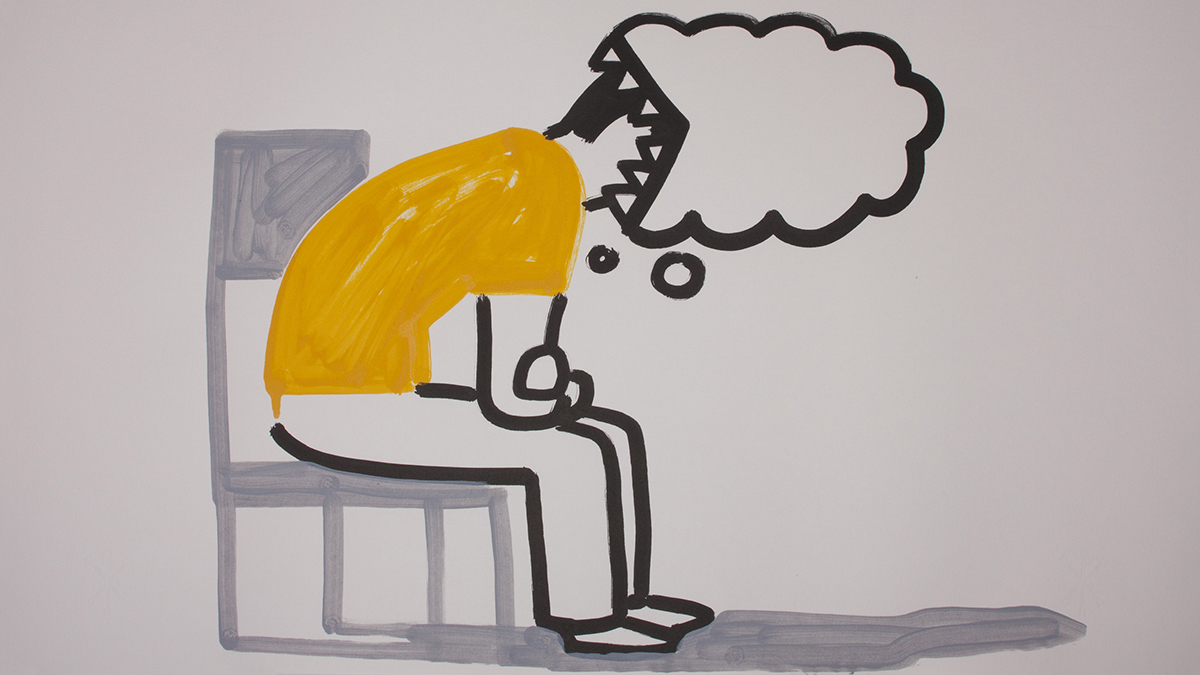Introduction
The month of February is popularly captioned “the month of love”. The peak of activities in this month often take place on Valentine’s Day the 14th of February. Popularly celebrated in honor of an early saint named Valentinus, valentine’s day is widely accepted as the period of romance and love. Second nature to the concept of love is the need to give in whatever form possible to the ones we love. In today’s day and age, a universally accepted form of giving is to spend money on one’s loved one. As certain as the need to spend may be, the nature and quantum of expenses incurred depends on many factors prevalent at the time. Two of such prevalent factors that influence our spending decisions are emotional and rational factors.

Emotional Decision Rational Decision
Contribution of Finance
As topical as certain concepts may be, finance almost always has relevant contributions that help bring more meaning to a concept under discussion. Finance for its vast knowledge can be classified broadly into “Traditional Finance” and “Behavioural Finance”. The key difference being the underlying assumption for each of these areas:
Traditional Finance assumes that people are rational. (reasoning based on facts)
Behavioural Finance assumes that people are normal (reasoning based emotions)
It is interesting to note that many individuals are faced with the rational-emotional dilemma in their everyday decisions. The month of February appears to further complicate this decision-making process given the hype and particular emphasis on emotions (romance, love and affection) in the month. A typical example would be the decision to spend 70% of one’s monthly salary on a romantic evening dinner at a plush hotel with a loved one.
Rationally, an individual would take into consideration the expenses they may need to cover for the rest of the month (electricity bills, transportation expenses, rent. etc) before justifying this decision. Emotionally, the same individual’s decision will be justified solely on how romantic they would appear to their loved one given the nature of the expense they will incur at the plush hotel.
Rational vrs Emotional Decision Making
Rational decision making brings a structured thought process in taking a decision. This is mainly based on analysis of facts or comparison of a careful list of pros and cons. Given the nature of this decision-making process, it can make use of structured techniques, mathematics and computers in arriving at solutions. This form of decision making comes in handy when taking high value decisions that could have significant repercussions.
Emotional decision making on the other hand is based on Instincts and impulses of the individual. An individual’s emotions are triggered when the brain interprets what is going on based on memories, thoughts and beliefs. This therefore triggers how the individual feels and behaves. This form of decision making comes in handy when there is a need to take a fast decision based on very limited or unavailable facts.
Learning to take a Decision
In his classic book ‘Thinking Fast and Slow’, Kahneman describes these two decision-making processes as two separate systems of thinking. The first being our emotional process and the second being a more effortful process of rational logic. Contrary to Kahneman’s book, recent research suggests that an individual can’t take decisions solely based on rationality alone, neither can same be done entirely based on emotions. Thus, emotional and rational decisions are linked and their combined inputs lead to many of the decisions taken by individuals.
Conclusion
In a sense, emotional and rational thinking are two sides of the same coin when is comes to a person’s decision-making ability. As the authenticity of a coin cannot be verified by just looking at one side but rather both sides of the coin, likewise most decisions taken should involve a trade-off between the rational and the emotional reasons. In the same vein, the decisions taken in the month of February should not just be driven by emotions, but should factor in a dose of rationality. Happy Valentine Everyone!!!!
Bibliography
Fedorikhin, A., & Shiv, B. (1999, December). Heart and Mind in Conflict: The Interplay of Affect and Cognition in Consumer Decision Making. Journal of Consumer Research, 26, 278-292.
Kahneman, D. (2011). Thinking, Fast and Slow. New York: Farrar, Straus And Giroux.
Statman, M. (2019). Behavioural Finance, The Second Generation. New York: CFA Research Foundation. Retrieved February 10, 2020

Author’s Bio
George Ephraim Afotey Anang, FMVA is a Financial Analyst with top-notch experience in Financial Analysis, Investment Banking, Financial Advisory and Business Valuation. He holds a BSc in Banking and Finance, an MPhil in Finance, a Financial Modeling and Valuation Analyst Certification and is currently a CFA level 2 Candidate. For any comments to this article, kindly email georgeaanang@gmail.com.










